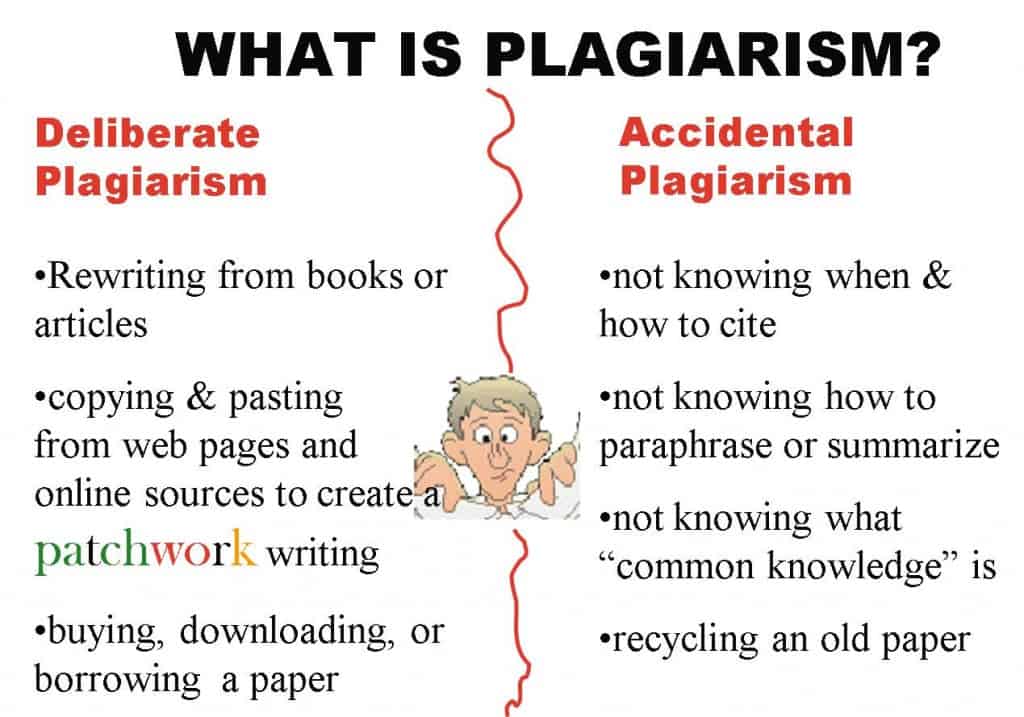Copyright infringment and the martial arts
by Phil Duncan
Copying of system contents
Martial arts students are analogous to human copy machines in that students work diligently to be able to accurately mimic the movement and techniques taught to them by their instructors. A student compliments their instructor greatly by being able to precisely mimic the instructor's techniques and hyung performances. But when a student abandons the instructor's guidance and decides to teach the techniques and hyung that they have learned to students of their own, can they do so legally?
It depends.
Copyright does not protect ideas, it protects the tangible expression of ideas in a fixed form.
-- U.S. Copyright Office
Practicing a martial art system in privacy or with a partner for the personal and health benefits that it bestows is very likely within the intent of the original instructor when the student was taught; however, when the student has left the instructor, for the student to teach others the exact system that the instructor taught the student without the instructor's authorization may not be within the instructor's original intent
If a student's instructor has expressed their techniques, hyung, etc. in a fixed form then the instructor has copyright privileges over the tangible expression of their ideas. (articles, books, tapes, videos, etc.)
Choreographed series of techniques like hyung and specialized drills that have been expressed in fixed form by the creator and which are rigorously taught to students exactly as recorded are excellent examples of intellectual property expressed as a disciplined martial art system. Manuscripts, Broadway play scripts, movie scripts, etc are also examples of creative and choreographed works (intellectual property) expressed in a tangible fixed form.
Would you consider a precise and exacting performance of a hyung as a fixed form of the ideas it incorporates? How about precise execution of a specialized series of techniques like 1 step sparring, etc.? Both would become fixed in form when documented, published, recorded, etc. Duplication of their fixed forms without authorization is a violation of copyright laws.
Others cannot legally duplicate the tangible expression of the instructor's ideas (books, manuals, tapes, videos, etc.) without authorization or a license. Piracy of copyrighted works by unauthorized parties is a violation of the owner's rights.
Copying of words (plagiarism)
Copyright infringement is plagiarism. (Why Plagiarists Do it. )
- U.S. Copyright Office
- Copyright Infringement on wikipedia
When content from any Federation source is posted on unauthorized websites without express written permission the website owner should at least be sure to identify the content author and/or publish a link directing the reader back to the original location of the source content. Absence of such identifiers erroneously presents the impression to a reader that the website where the content appears is the originator or author of the content. Even "fair use" guidelines require users provide clear identification of the source of content being used.
Often copyright infringement and/or plagiarism is accompanied by modifications to the content by the infringer and such modifications may significantly alter the intent or context of the content and thus alter a reader's understanding from that intended by the original author. Consider the example instance cited below.For example, this web site quotes Kwan Jang Nim H.C. Hwang's article about the Moo Duk Kwan® Dan Bon that appears as an article on the U.S. Soo Bahk Do Moo Duk kwan Federation's® wiki and is published (page 123) in the 2009 Edition of the Federation Member Manual for Gups and Dans without providing any acknowledgement of who the author is or where the content on their website originated from.
- Doug Nowling
- http://www.kidokwan.org/?page_id=98
- Update: Jason Fetter, Kidokwan Director - Web Services responded on 02/13/12 at 12:45 AM and removed the copied Dan Bon Article and apologized for the error and omission of attribution links due to website upgrades.
- http://www.kidokwan.org/?page_id=98
To the unknowing website visitor reading plagiarized content on an infringing website without knowledge of its actual author or where it originated from, the website presenting the article then appears to be the author and thus may appear authoritative about a matter not authored by the web site or its owner.
Additionally, the numbers published on this web page and referred to as Moo Duk Kwan® Dan Bons have not been reviewed or certified for accuracy by an authorized Moo Duk Kwan® representative (except where a legitimate Moo Duk Kwan® Dan Bon holder may have commented on the page) and while some numbers may be accurate, it is also possible that other numbers on the page may or may not match the official Moo Duk Kwan® records of Founder Hwang, Kee.
If such discrepancies exist in any of the information published on the page, then the plagiarized article used in the page appears to lend credibility to inaccurate information published elsewhere on the page.
Had permission been requested to reprint the article, it may, or may not, have been granted if reprint permission was requested for the article to accompany an unverified list of numbers purported to be official Moo Duk Kwan® Dan Bons.
You can help assure that any and all Federation generated content is properly identified wherever you may discover it.
Feel free to post comments anywhere on the web and advise website owners and other readers of the content origin (post a link to a Federation website where the original content lives) and advise them that they should include the author's name and a link to the source material.
You may also help document cases of copyright and trademark infringement by posting links to the infringing content. The Internet is a vast and exploding sea of content and your support in monitoring and responding to offending activity is needed. Thank you in advance for your assistance.
You may report instances of copyright infringement of Federation generated content and/or consumer fraud by posting a comment on this page or submitting a link on this page.


